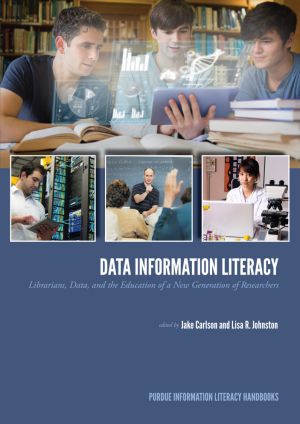Data Information Literacy
Librarians, Data, and the Education of a New Generation of Researchers
by Jake Carlson, Lisa R. Johnston
DescriptionTable of ContentsDetailsHashtagsReport an issue
The intent of the publication is to help librarians cultivate strategies and approaches for developing data information literacy programs of their own using the work done in the multiyear, IMLS-supported Data Information Literacy (DIL) project as real-world case studies. The initial chapters introduce the concepts and ideas behind data information literacy, such as the twelve data competencies. The middle chapters describe five case studies in data information literacy conducted at different institutions (Cornell, Purdue, Minnesota, Oregon), each focused on a different disciplinary area in science and engineering. They detail the approaches taken, how the programs were implemented, and the assessment metrics used to evaluate their impact. The later chapters include the "DIL Toolkit," a distillation of the lessons learned, which is presented as a handbook for librarians interested in developing their own DIL programs. The book concludes with recommendations for future directions and growth of data information literacy. 





Book Description
Given the increasing attention to managing, publishing, and preserving research datasets as scholarly assets, what competencies in working with research data will graduate students in STEM disciplines need to be successful in their fields? And what role can librarians play in helping students attain these competencies? In addressing these questions, this book articulates a new area of opportunity for librarians and other information professionals, developing educational programs that introduce graduate students to the knowledge and skills needed to work with research data. The term "data information literacy" has been adopted with the deliberate intent of tying two emerging roles for librarians together. By viewing information literacy and data services as complementary rather than separate activities, the contributors seek to leverage the progress made and the lessons learned in each service area.The intent of the publication is to help librarians cultivate strategies and approaches for developing data information literacy programs of their own using the work done in the multiyear, IMLS-supported Data Information Literacy (DIL) project as real-world case studies. The initial chapters introduce the concepts and ideas behind data information literacy, such as the twelve data competencies. The middle chapters describe five case studies in data information literacy conducted at different institutions (Cornell, Purdue, Minnesota, Oregon), each focused on a different disciplinary area in science and engineering. They detail the approaches taken, how the programs were implemented, and the assessment metrics used to evaluate their impact. The later chapters include the "DIL Toolkit," a distillation of the lessons learned, which is presented as a handbook for librarians interested in developing their own DIL programs. The book concludes with recommendations for future directions and growth of data information literacy.
This open book is licensed under a Open Publication License (OPL). You can download Data Information Literacy ebook for free in PDF format (5.1 MB).
Table of Contents
Part I
Making the Case for Data Information Literacy
Chapter 1
Determining Data Information Literacy Needs: A Study of Students and Research Faculty
Chapter 2
Developing the Data Information Literacy Project: Approach and Methodology
Chapter 3
An Exploration of the Data Information Literacy Competencies: Findings From the Project Interviews
Part II
Data Information Literacy Case Studies
Chapter 4
Developing a for-Credit Course to Teach Data Information Literacy Skills: A Case Study in Natural Resources
Chapter 5
Addressing Software Code as Data: An Embedded Librarian Approach
Chapter 6
Teaching Data Information Literacy Skills in a Library Workshop Setting: A Case Study in Agricultural and Biological Engineering
Chapter 7
Teaching Civil Engineering Data Information Literacy Skills: An E-Learning Approach
Chapter 8
Teaching Ecology Data Information Literacy Skills to Graduate Students: A Discussion-Based Approach
Part III
Moving Forward
Chapter 9
Developing Data Information Literacy Programs: A Guide for Academic Librarians
Chapter 10
Where Do We Go From Here?: Further Developing the Data Information Literacy Competencies
Chapter 11
Future Directions for Data Information Literacy: Growing Programs and Communities of Practice
Book Details
Title
Data Information Literacy
Publisher
Purdue University Press
Published
2015
Pages
282
Edition
1
Language
English
ISBN13
9781557536969
ISBN10
1557536961
ISBN13 Digital
9781612493510
ISBN10 Digital
1612493513
PDF Size
5.1 MB
License
Open Publication License
Related Books
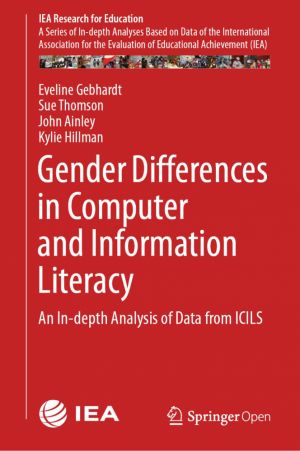
This book presents a systematic investigation into internationally comparable data gathered in ICILS 2013. It identifies differences in female and male students' use of, perceptions about, and proficiency in using computer technologies. Teachers' use of computers, and their perceptions regarding the benefits of computer use in education, ...
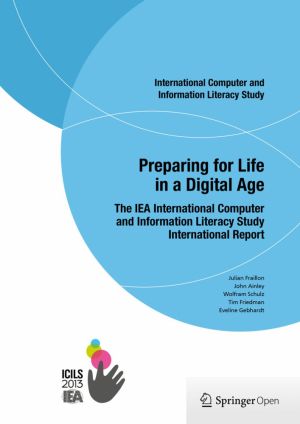
Ability to use information and communication technologies (ICT) is an imperative for effective participation in today's digital age. Schools worldwide are responding to the need to provide young people with that ability. But how effective are they in this regard? The IEA International Computer and Information Literacy Study (ICILS) responded t...
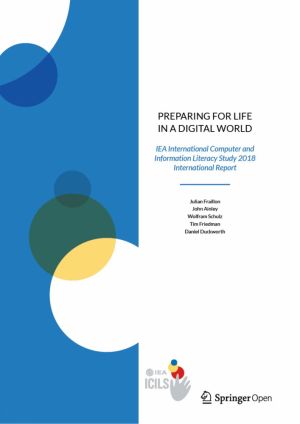
This book summarizes the key findings from the second cycle of IEA's International Computer and Information Literacy Study (ICILS), conducted in 2018. ICILS seeks to establish how well schools around the globe are responding to the need to provide young people with the necessary digital participatory competencies. Effective use of information ...
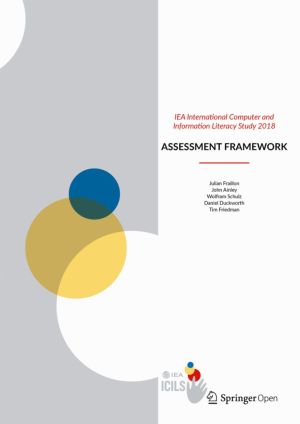
This free book presents the assessment framework for IEA's International Computer an Information Literacy Study (ICILS) 2018, which is designed to assess how well students are prepared for study, work and life in a digital world. The study measures international differences in students' computer and information literacy (CIL): their abili...
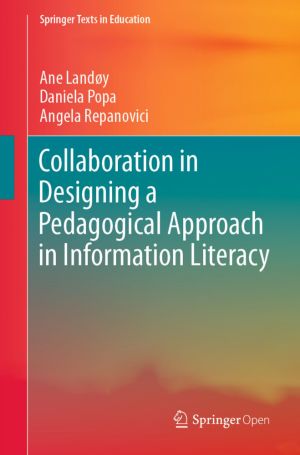
This Open Access book combines expertise in information literacy with expertise in education and teaching to share tips and tricks for the development of good information literacy teaching and training in universities and libraries. It draws on research, knowledge and pedagogical practice from academia, to teach students how to sift through informa...
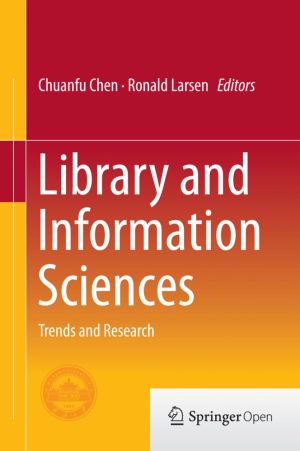
This book explores the development, trends and research of library and information sciences (LIS) in the digital age. Inside, readers will find research and case studies written by LIS experts, educators and theorists, most of whom have visited China, delivered presentations there and drafted their articles based on feedback they received. As a res...

